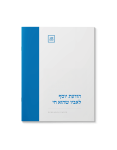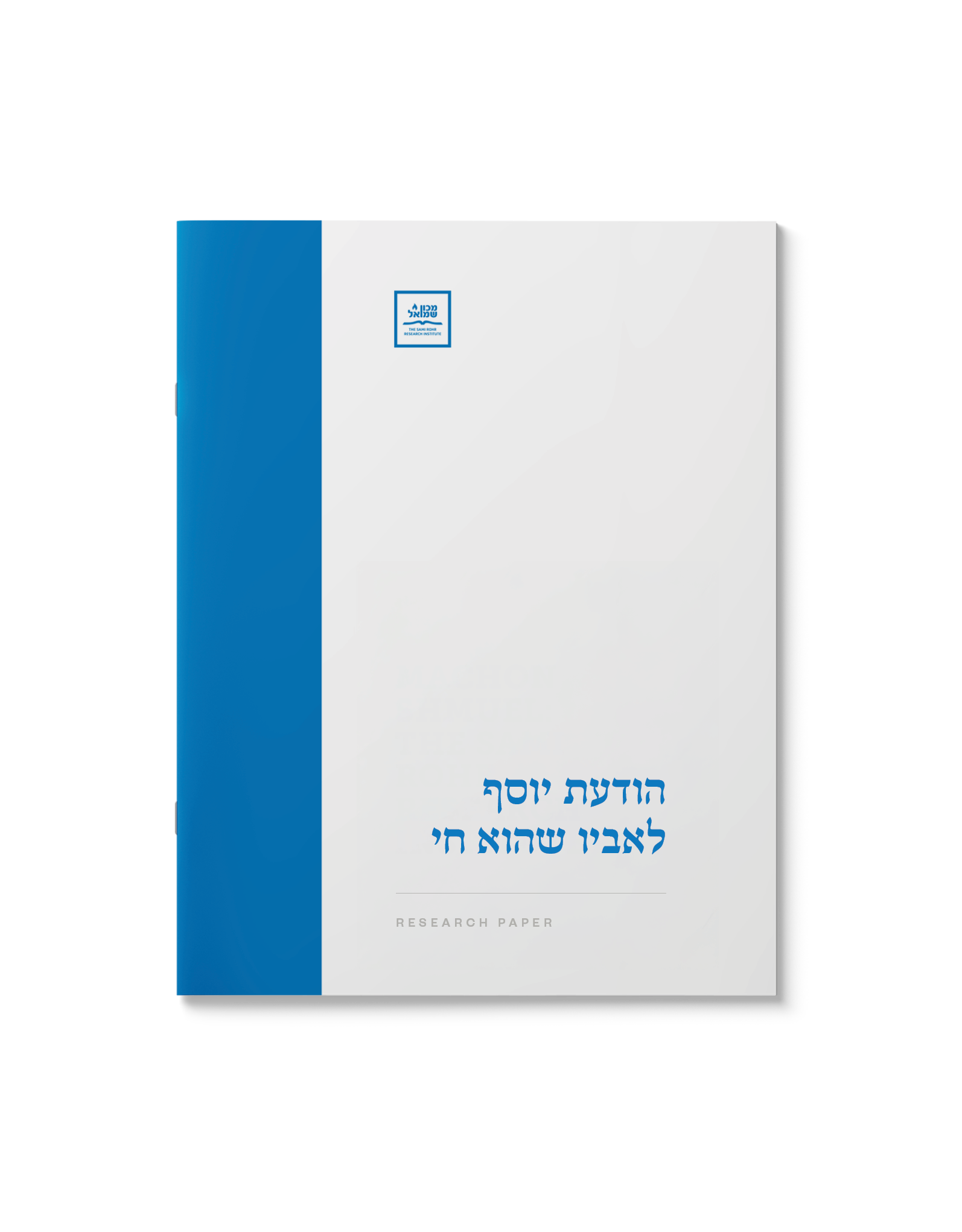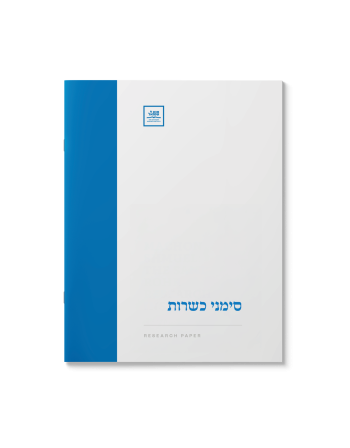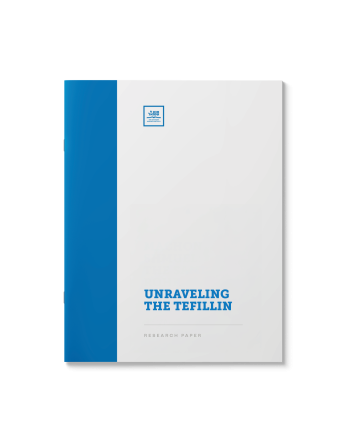חגבים
$39.00
מין החגב היא אמנם אחד משרצי העוף שהותרו על ידי התורה, אך המסורה המקובלת בזמנינו היא שלא לאכול חגב. סקירה על טעם הדבר והמסורות השונות. בורא מיני חגבים.
| Language | Hebrew |
|---|---|
| Paper Type | Research Paper |
| Pages | 2 |
Related Products
Where should a mezuzah go? An analysis of the Chabad approach, where the mezuzah is placed on the doorpost opposite the hinges.
A detailed look at the history and laws of yayin nesech. Can an irreligious Jew render wine yayin nesech? Is pouring wine part of the prohibition? What difference does pasteurization make?
המאמר שלפנינו סוקר את פרטי צורת עשיית הטלית ועטיפתו, ואת צורת התפילין ולבישתם על פי מנהג חסידי חב״ד, אשר יסודותם בהררי קדש של תורת הסוד.
“Do not cook a kid in its mother’s milk.”
Traditional Kosher cooking avoids all forms of meat and milk combinations, including poultry.
What is the origin of this prohibition and when did it begin?
מקובלת ההנחה כי שונים הם תנאי כשרות הבהמה והחיה מהעוף. אם העוף נאכל לפי המסורת היהודית, הרי שהבהמה והחיה נאכלים לפי הסימנים המנויים בתורה. או שמא לא? האם המסורת משפיעה היא גם על כשרות הבהמה והחיה?
Scientific advances have unlocked some of the ‘source code’ of living organisms, where by splicing genes from, say, arctic salmon into strawberries, or mice into chickens, we can produce strains of plants and animals which grow better, are more resilient, and are more beneficial economically or otherwise.
While discussion abounds regarding the long-term health effects of these developments, what is the Torah’s view on such manipulation? Do the ethos of kilayim preclude meddling in G-d’s domain? Or does the command to “fill the earth and subdue it” (Bereshis 1:28) provide the ethical mandate to do just that?
What are the Halachic ramifications? Is the act of implanting the gene –in flora or fauna- a violation of kilayim? What is the kosher status of the resulting hybrids? Does the status of the donor carryover to the recipient? What if the transferred genes affect the presence of the traditional kosher signs? (a tuna with no scales, a shark with scales)? Is an Esrog which has been thus modified considered a Murkav, disqualifying it from use for the Mitzvah?
Is there a spiritual effect? Do the characteristics of those animals which the Torah deems negative carry over into the new creature? Would consuming this (otherwise Kosher) creature bring spiritual coarseness (timtum halev)?
A collection of Tshuvos and articles in Hebrew and English.
This paper is a sequel to Tefillin 101 and provides an expanded view of the halachic and esoteric dimensions of the mitzvah of Tefillin.
Your hostess has labored to prepare a tongue tantalizing gourmet dinner, but alas – her fine china dishes were never ritually purified by immersion in a Mikvah. How do you navigate this delicate situation?
It is common practice for those wearing a Tallis in shul, to remove it before entering a washroom. Why would a Tallis be any different than an ordinary pair of Tzitzis and Yarmulka that are never removed for this purpose
כבוד ההורים היא מצוה גדולה וחשובה עד מאד. אך ממבט ההלכה, מהי הגדרת המצוה והמגבלות שלה? מהו נכלל בכבוד או במורא? למען יאריכון ימיך.
Does making tztitis at night make them invalid? What was the
position of the Rebbeim in this regard?
עם הנבחר מתייחד בתכונותיו של רחמנות וגמילות חסד. אלא שלפעמים מתווצר גם מצב הנותן משום לשאלה: האם אפשר לכוף את העשיר לנדב מהונו לצדקה? או שמא אינו תלוי אלא בנדיבות לב של כל אחד ואחד? על מצות הצדקה ותנאיה.















